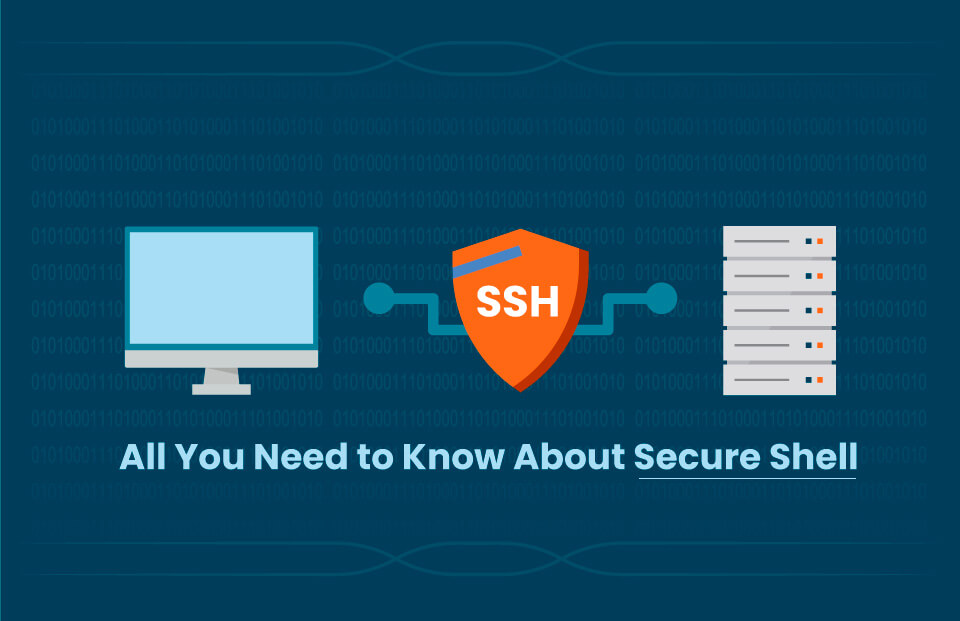Secure Shell (SSH)
What is Secured Shell (SSH)?
Introduction:
Secure Shell (SSH) is a cryptographic network protocol that facilitates secure communication and data transfer over an unsecured network. SSH is widely used for accessing remote systems, managing network devices, and securely transferring files. This article explores the definition, analogy, and key aspects of SSH, highlighting its importance and applications.
Definition:
“Secure Shell (SSH)” is a protocol used to secure communication and data transfer over a potentially insecure network. It provides a secure channel for connecting to a remote server, ensuring confidentiality and integrity of the transmitted data. SSH employs cryptographic techniques to authenticate users and encrypt data, protecting it from unauthorized access.
Analogy:
Imagine SSH as a private, encrypted tunnel connecting two locations. Similar to a sealed, secure pipeline for communication, SSH ensures that data transferred between systems remains confidential and tamper-proof, even when traversing through potentially insecure networks.
Further Description:
SSH serves various purposes, including:
Remote Access: Users can securely log into remote systems or servers, accessing a command-line interface or graphical desktop.
File Transfer: SSH provides secure file transfer mechanisms, commonly used through tools like SCP (Secure Copy) or SFTP (SSH File Transfer Protocol).
Tunneling: SSH enables the creation of encrypted tunnels, allowing secure transmission of other network protocols, such as HTTP or database connections.
Key Authentication: SSH uses public-key cryptography to authenticate users, enhancing security compared to traditional password-based authentication.
Why is SSH Important?
Security: SSH encrypts data during transmission, protecting it from eavesdropping and unauthorized access.
Authentication: SSH employs strong authentication mechanisms, reducing the risk of unauthorized access to remote systems.
Data Integrity: The cryptographic nature of SSH ensures that data remains unchanged during transmission, maintaining its integrity.
Remote Management: SSH facilitates remote server management, making it a crucial tool for system administrators and IT professionals.
Examples and Usage:
Server Administration: System administrators use SSH to remotely manage servers, perform updates, and troubleshoot issues.
Git Version Control: Developers use SSH for secure access to Git repositories, enabling them to clone, push, and pull code securely.
File Transfer: SFTP, a subsystem of SSH, is commonly used for secure file transfer between systems.
Cloud Computing: SSH is integral in cloud computing environments, allowing users to securely access and manage cloud-based resources.
Key Takeaways:
- Secure Shell (SSH) is a cryptographic network protocol for secure communication and data transfer.
- It provides a secure channel for remote access, file transfer, and tunneling.
- SSH enhances security through encryption, strong authentication, and data integrity.
- Examples of SSH usage include server administration, Git version control, file transfer, and cloud computing.
Table of Contents





